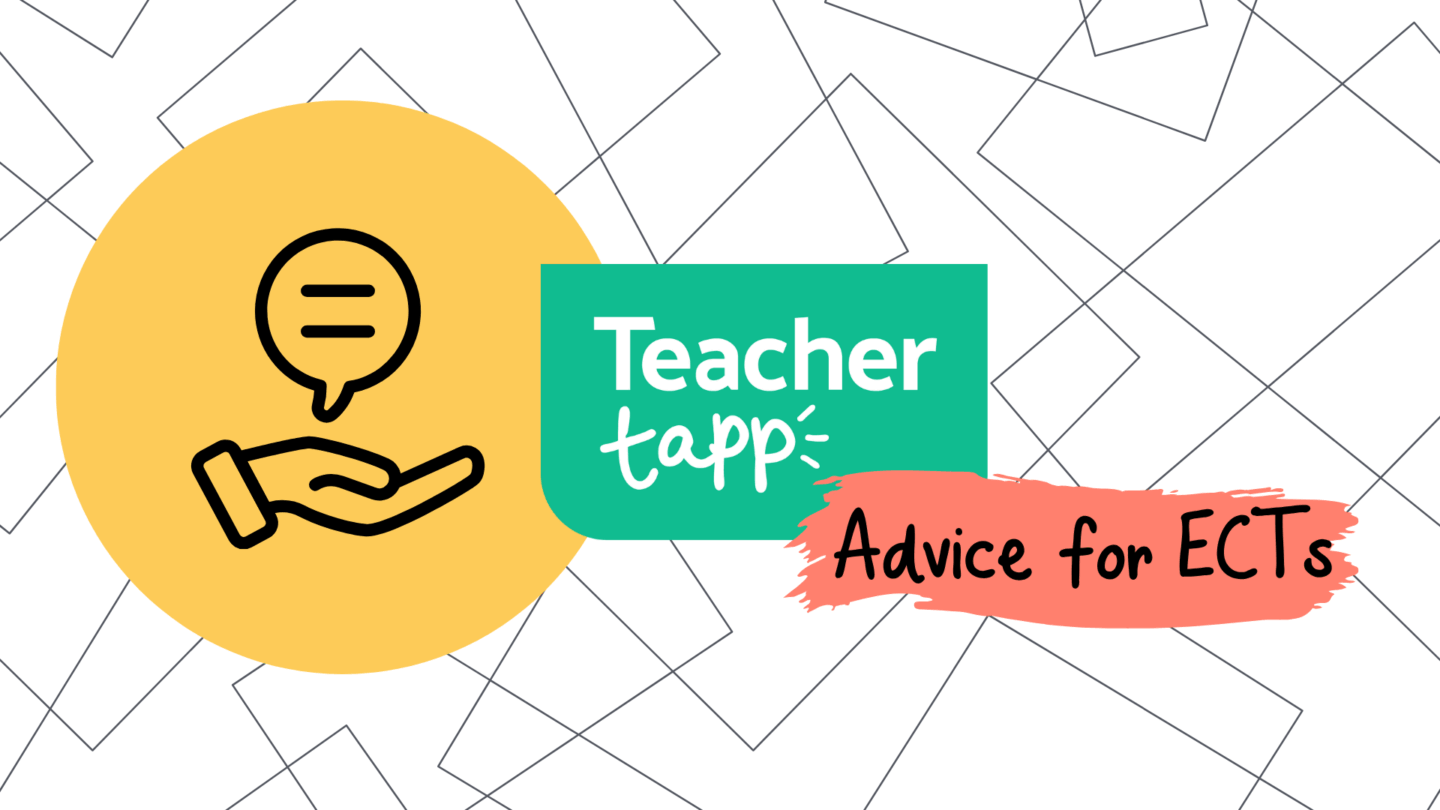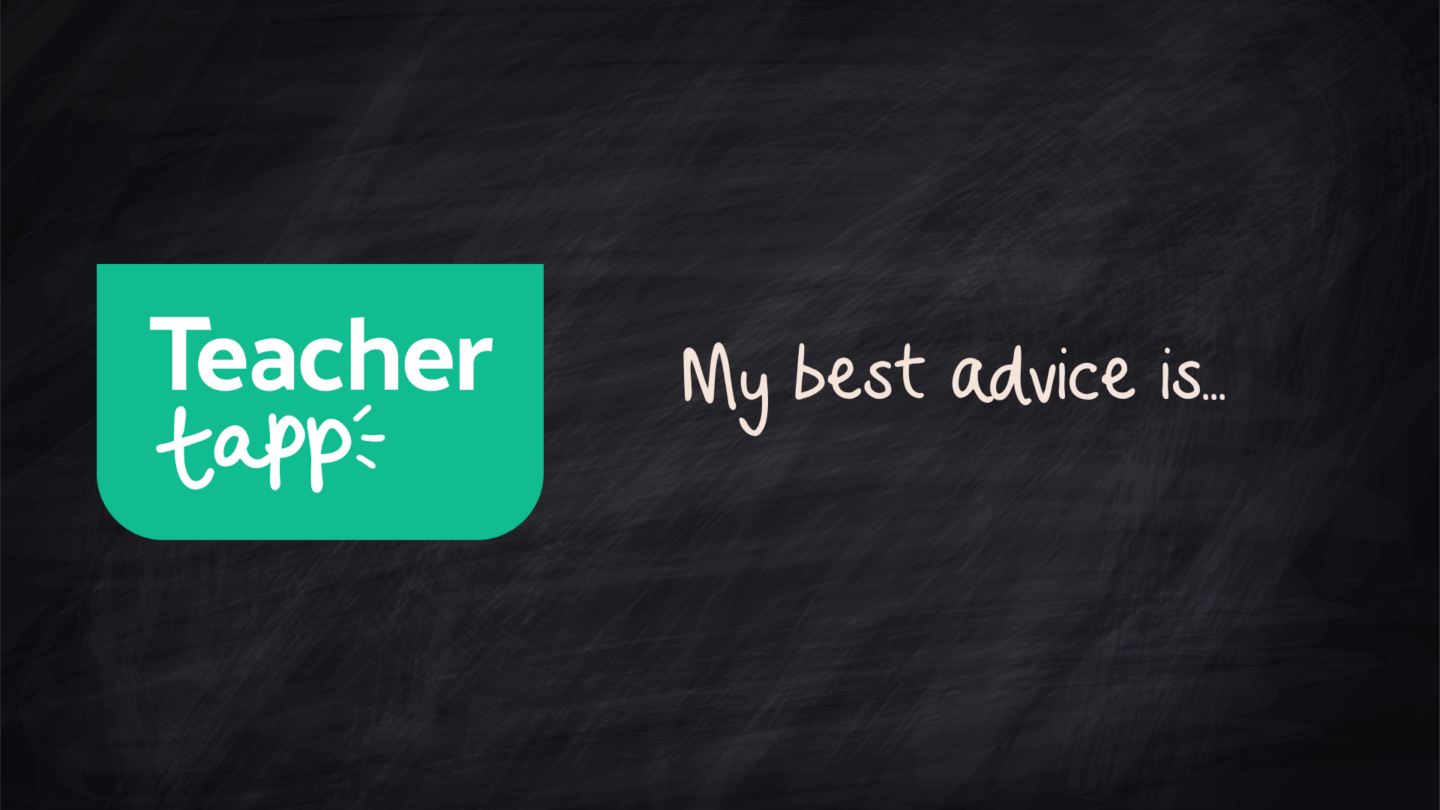One reason we only launched Teacher Tapp to a small audience at first is because the technology is new and we must feel our way towards making it fantastic.
The app is still very much in beta mode and we need you to help us find the gremlins in the system so that we can zap them
We have had our first gremlin-spotting success!
Yesterday we discovered a problem. The results of our question on setting by ability in schools chucked out some strange-looking results:

Could this be right? Only around 20% of people were in an ability set at school?
This didn’t seem right. We soon discovered the problem.
Teacher Tapp had calculated the %s based on the total number of answers rather than the total number of people answering the questions. So, if you ticked three answers on a question that allowed multiple answers, then Teacher Tapp counted you as three people.

Never fear! We have now figured out the real data and here it is…
What did we learn about ability setting in maths?

Most people were in a class that setted for ability in maths throughout the secondary school – with numbers peaking towards GCSE year groups.
Note, however, around 1 in 5 people were taught in mixed ability sets even by the end of their schooling.
This is much higher than we might expect given researchers have claimed that so few schools refuse to set in maths that it is almost impossible to study them. But perhaps schools have changed dramatically on this since teachers were at school.
What did we learn about ability setting in year 9?

We next asked about whether tappsters were set in all subjects in Year 9. And we discovered another inconsistency.
In our previous questions, 76% of people said they were set in maths in year 9. Here, 80% did. Why? We don’t know until we do some more digging.
But this is a good examples for those of you who have asked how we can tell if a user is genuinely answering questions or simply skipping through. Persistent inconsistencies like this in data could be flagged in future meaning we then label that person as an outlier and leave them out of analysis. (Not yet though. It’s still only a beta-test! Also, we think people may have misread this question).
It’s interesting that languages was set at almost twice the rate of humanities subjects, given that both are in the traditional EBacc.
If you were a headteacher, in which subjects would you use ability setting?

My guess was that tappsters would want to ability-set those subjects in which they were setted at school. But that appears to be wrong!
Only 45% of people said they would create ability-sets in English in year 9, even though 70% were setted by that age in that subject (see graph above).
Also, a quarter of people said they wouldn’t set in any subjects at all. Common wisdom is that almost every school sets in almost every subject, but at the very least in maths.
What is it about tappsters that means so many of them wouldn’t want this model? We don’t know, yet. Maybe this is predominantly the view of primary teachers, who rarely get the option of setting. Or maybe it is an age divide? Are younger people more liberal on this stuff? We shall be digging and coming back to look at this again in future.
And what about that gremlin?
At Tappster Towers we are already working on a solution to our gremlin and we hope to get it sorted without having to do an app update. (We think we can do a behind-the-scenes fix to resolve it).
In the meantime, we will reduce multi-tick questions or, if we do use one, we will point you towards a blog with the correct data in one of the much-loved tips of the day.
If you have any other feedback on the app, do please tweet us @TeacherTapp or send us an email via hello@teachertapp.co.uk





